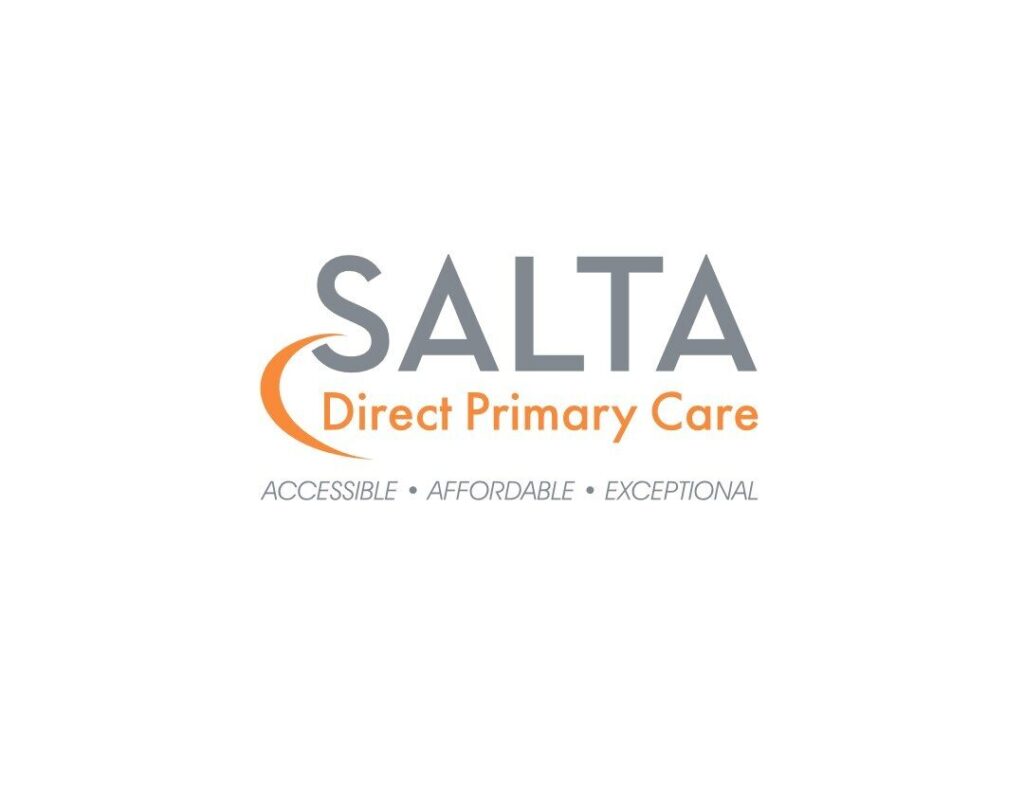
Advantages of Accessibility
In a previous video I talked about all the things that Millennials want form doctors such as convenient access, a relationship with their doctors, virtual

In a previous video I talked about all the things that Millennials want form doctors such as convenient access, a relationship with their doctors, virtual

Millennials are driving revolutionary change in the healthcare industry because everything they want from the healthcare system is what everyone else wants too.

We are happy to announce that we’ve partnered with Preventice Solutions and will now carry these devices in the office. No waiting, no extra appointment, and typically covered by health insurance.

Our country has treated healthcare as an unlimited, inexpensive resource. We’ve paid little attention over the past 70 years to how much healthcare waste occurs

Employers must provide a healthcare benefit their employees will love to attract and retain top talent.

SALTA Stories: Member joins SALTA, uses in- house dispensing to save $270/month.

CEOs were sitting on millions of dollars of untapped enterprise value, and they don’t even know it. If you’re the CEO of a company you know how important EBITDA, earnings before interest, taxes, deductions, and amateurization is to your company’s value.

So, what employers have done to deal with rising healthcare costs is increasing their deductibles. We call this the race to the bottom. It’s almost if employers are competing with each other to provide the least worst health care for their employees.







